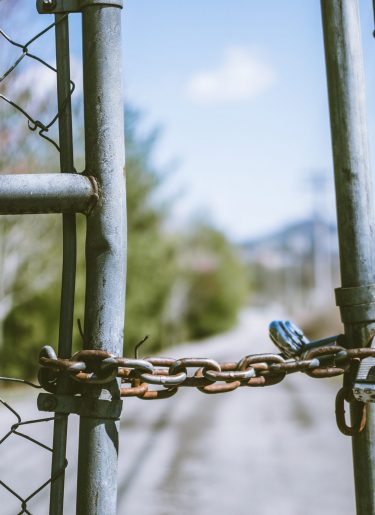
There is no question that the COVID-19 pandemic has created new territory in labour law. One fundamental question is whether an organisation must bear the consequences of a state-imposed general lockdown alone. Whether these consequences are to be seen as an operational risk was already considered by the Düsseldorf Regional Labour Court in spring 2021, when it had to rule on who had to pay for a lockdown-related loss of wages. It ruled that the employer was liable. However, the Federal Labour Court has now come to a different conclusion.
According to its press release of 13 October 2021:
‘If the employer has to temporarily close its business due to a general government-imposed lockdown to combat the Corona pandemic, it does not bear the risk of the loss of work and is not obliged to pay remuneration to the employees who are willing to work but cannot do so due to the closed business.’
This decision should be welcomed by employers.
The claimant had been employed as a part-time salesperson in a Bremen-based business selling sewing machines and accessories since October 2019. Her monthly wage was EUR 432. The shop had to be closed as a result of an order by the Free Hanseatic City of Bremen in its ‘General Decree on the Prohibition of Events, Meetings and the Opening of Certain Establishments for the Containment of the Coronavirus’ of 23 March 2020. The claimant could not work and was therefore not paid.
The claimant sought payment of her remuneration for the month of April 2020 and took the view that the closure of the business due to an official order was an operational risk to be borne by the respondent as her employer.
The employer sought dismissal of the action and argued that the ordered measures related to a general risk of life, which could not be controlled and had to be borne equally by all.
As in the earlier Düsseldorf case, the lower courts initially upheld the employee’s claim. However, the Federal Labour Court expressed a different opinion. Its press release reads:
‘The claimant is not entitled to remuneration for the month of April 2020, during which it was impossible for her to work and for that work to be accepted by the defendant due to the officially ordered plant closure. The employer also does not bear the risk of the loss of work if – as in this case – in order to protect the population from severe and fatal courses of disease as a result of SARS-CoV-2 infections, social contacts are reduced to a minimum by official order in a federal state and all establishments not necessary for the care of the population are closed nationwide.’
The Federal Labour Court decision will be welcomed by employers, as it creates the necessary legal certainty and ensures an appropriate distribution of operational and economic risks and consequences in the event of a lockdown. Even though the reasons for the decision are not yet available (the ruling has not yet been published), it has clarified that in the event of a plant closure due to an officially ordered measure affecting society as a whole, employers are not expected to pay the bill alone. According to the Federal Labour Court in its press release, compensation for financial disadvantages suffered by employee should not be paid by employers, but by the state that made the lockdown decision.


